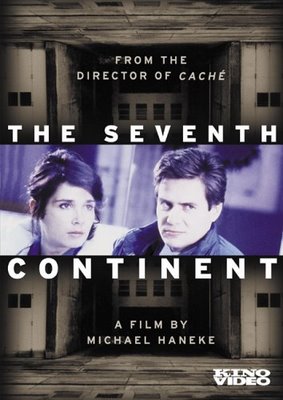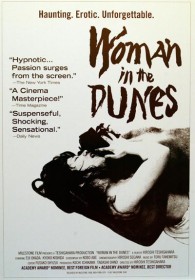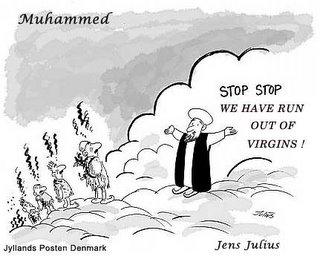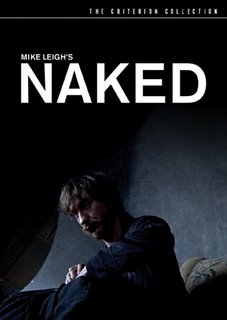This op-ed article in NYT gives a good summary of anthropological and scientific theories of kissing(!).
SINCE it's Valentine's Day, let's dwell for a moment on the profoundly bizarre activity of kissing. Is there a more expressive gesture in the human repertoire?
Reading it reminded me of a passage from Proust, where the narrator dwells on the mysteries and agonies of the act of kissing. It cracks me up everytime I read it :) I just wonder if someone makes the act of kissing a means of acquiring "knowledge" (whatever that is), is it of any surprise that he would find life so disappointing, as the narrator does at the end of the novel? Anyway read the whole thing. I quote the full paragraph since it is so difficult to pick up the book itself. Don't miss his heartfelt lament on the fact that humans lack an organ exclusively dedicated to kissing :) There is other place in the novel where the narrator actually gets to kiss his girl and needless to say, he makes the whole thing as complex as a lunar landing (as some witty reviewer once put it). I can't seem to find that passage though. Will post it later. The paragraph break is mine as, unlike Proust, I believe in readablity!
-------------------------------------------------------------------------------------
I should certainly have liked, before kissing her, to be able to fill her afresh with the mystery which she had had for me on the beach before I knew her, to find latent in her the place in which she had lived earlier still; for that, at any rate, if I knew nothing of it, I could substitute all my memories of our life at Balbec, the sound of the waves rolling up and breaking beneath my window, the shouts of the children. But when I let my eyes glide over the charming pink globe of her cheeks, the gently curving surfaces of which ran up to expire beneath the first foothills of her piled black tresses which ran in undulating mountain chains, thrust out escarped ramparts and moulded the hollows of deep valleys, I could not help saying to myself: “Now at last, after failing at Balbec, I am going to learn the fragrance of the secret rose that blooms in Albertine’s cheeks, and, since the cycles through which we are able to make things and people pass in the course of our existence are comparatively few, perhaps I ought now to regard mine as nearing its end when, having made to emerge from its remoteness the flowering face that I had chosen from among all others, I shall have brought it into this new plane in which I shall at last acquire a tactual experience of it with my lips.”
I told myself this because I believed that there was such a thing as knowledge acquired by the lips; I told myself that I was going to know the taste of this fleshly rose, because I had never stopped to think that man, a creature obviously less rudimentary in structure than the sea-urchin or even the whale, is nevertheless still unprovided with a certain number of essential organs, and notably possesses none that will serve for kissing. The place of this absent organ he supplies with his lips, and thereby arrives perhaps at a slightly more satisfying result than if he were reduced to caressing the beloved with a horny tusk. But a pair of lips, designed to convey to the palate the taste of whatever whets the appetite, must be content, without ever realising their mistake or admitting their disappointment, with roaming over the surface and with coming to a halt at the barrier of the impenetrable but irresistible cheek. Besides, at such moments, at the actual contact between flesh and flesh, the lips, even supposing them to become more expert and better endowed, could taste no better probably the savour which nature prevents their ever actually grasping, for in that desolate zone in which they are unable to find their proper nourishment, they are alone; the sense of sight, then that of smell have long since deserted them. To begin with, as my mouth began gradually to approach the cheeks which my eyes had suggested to it that it should kiss, my eyes, changing their position, saw a different pair of cheeks; the throat, studied at closer range and as though through a magnifying glass shewed in its coarse grain a robustness which modified the character of the face.
-------------------------------------------------------------------------------------
Update: Found the reviews which discuss the "kissing" scene. From
The New York Times (this was the "lunar landing" review I talked of) and
The Guardian.





